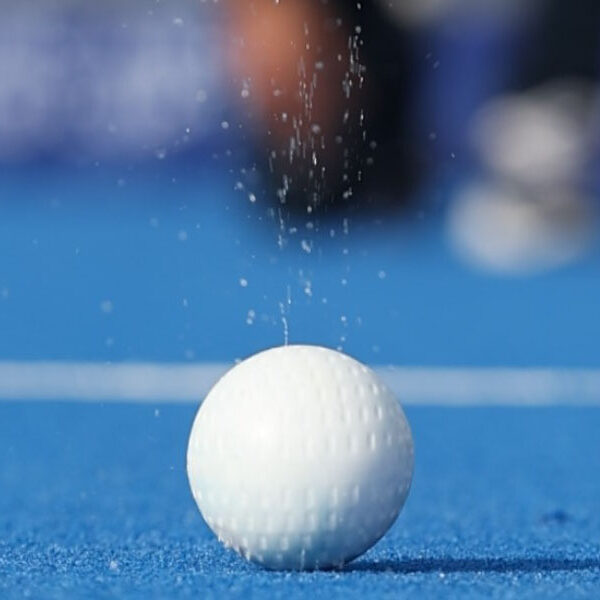Non-invasive muscle fiber typing

Using NMR spectroscopy scans (carnosine levels), the ratio between fast and slow muscle fibers in the athlete’s body can be accurately estimated. Comparing these results with a large collection of data from both athletes and the general population can reveal a genetic endowment for endurance or sprinting activities. This can be relevant in talent identification, training optimization (recuperation time) and muscle injury risk.
Human skeletal muscles are composed of a mixture of fast and slow fibers. Born sprinters have predominantly fast fibers, endurance athletes have relatively more slow fibers. This fiber type distribution is a crucial factor in various sport disciplines. However, it is rarely measured because it used to require an invasive, painful and complicated muscle biopsy and analysis.
Non-invasive, quick and painless: An NMR scan takes about 20 minutes and is fully painless with no radiation exposure.
Essential information: Insight in slow or fast typology optimizes sport scientific guidance of athletes.
Testing at rest: No day-to-day variation due to fatigue. No risk of injury during testing.
Worldwide availability: Finding a way to bring this scanning technique and data interpretation to clubs, hospitals, training centers,…
Exploring new applications: Extend the current reference database and find new sport medical applications.
Set up a business model: Find a way to finance development, implementation and marketing costs.
Download the infographic of this project
Prof. Dr. Wim Derave
Contact us for more information about this project






